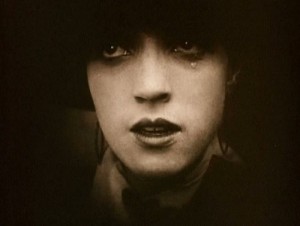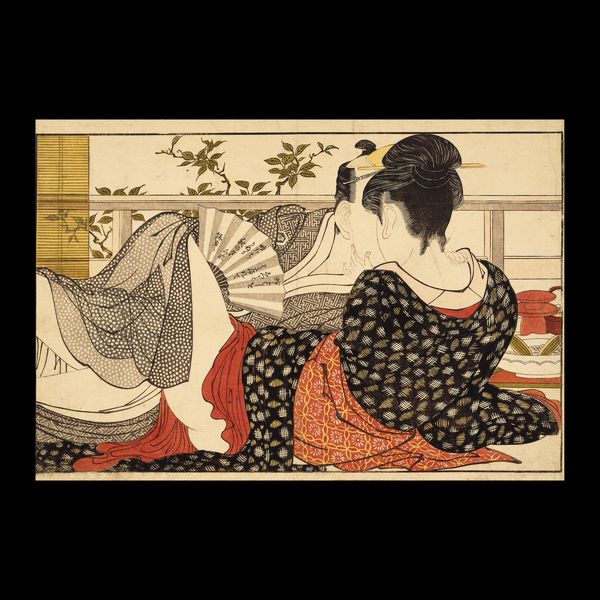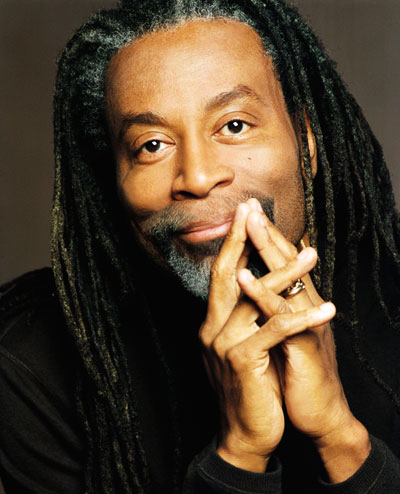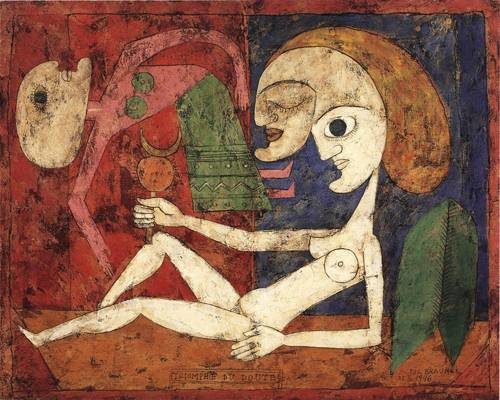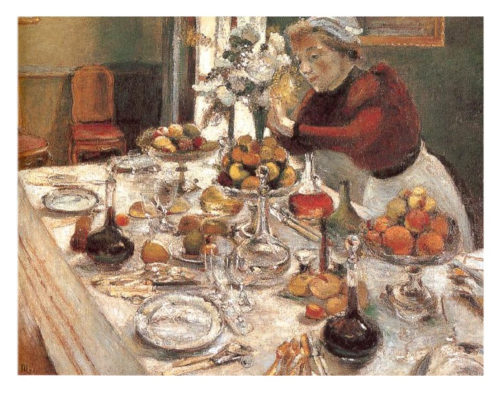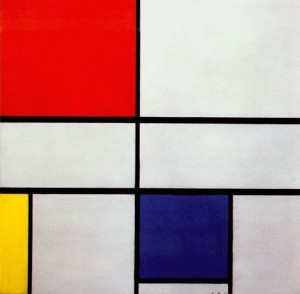Intolerance
‘Intolerance: Love’s Struggle Throughout the Ages’ was launched in 1916 by DW Griffith. With unprecedented production costs at the time, this silent film is about 4 hours long and, through the dramatization of a poem by Walt Whitman, interconnects four episodes in human history which were deeply marked by intolerance: the war of Babylon in Mesopotamia (about 6 centuries BC); the crucifixion of Christ in 33, in Judea; the night of St. Bartholomew, in sixteenth-century France; and the love of two young people during a workers’ strike in the United States of modern times.
The bigotry against opinions, attitudes, beliefs or ways of being that differ from our own, and the resulting repression, through coercion or force, of ideas we disapprove of, have been the source of huge suffering and countless atrocities throughout history. The inability to accept and coexist with diversity is perhaps one of the greatest evils we can bring upon ourselves.
A few days ago, the judgment on the decriminalization of abortion of anencephalic fetuses generated a discussion of great impact on public opinion in Brazil. Amid articles and protests, a story written by a major newspaper caught my eye. Two women were interviewed for this article: the first woman reported her suffering for being forced to gestate an anencephalic fetus for 9 months – even appealing to several courts, she did not obtain authorization for an abortion in time to do it safely. She said she spent 9 months preparing for the funeral of a child she never got to meet, and that the experience was traumatic enough to make her give up another pregnancy.
The second interview was with a woman who had a pregnancy of an anencephalic fetus, but unlike the first, chose to follow through with the pregnancy, convinced that this was the right thing to do. As the mother of a three-year old boy, she had just buried her stillborn, and expected to recover physically to try another pregnancy.
What caught my attention in the interviews was not to see that, when faced with the same challenge, two people (in similar socio-economic and cultural conditions) had such different postures – but the fact that, while the former advocated the right to choice, the second firmly condemned anyone who would make a different choice from hers. Even worse, she argued that there was no choice to be made – after all, if her conduct was “obviously” the right one, why should we allow someone to make a “wrong” choice?
At the heart of the denial of the legitimacy of different opinions, attitudes, beliefs or ways of being lie vanity and arrogance. Judging that others are less competent to make choices and choose paths and believing that our truth must be accepted by others show how much more we need to evolve as human beings and citizens. Thousands of years later, after much knowledge acquired, so many discoveries and technologies, we still allow intolerance to enslave the freedom of choice to which we are all entitled.
To learn more: http://www.youtube.com/watch?v=GF7ho_-1aWo
